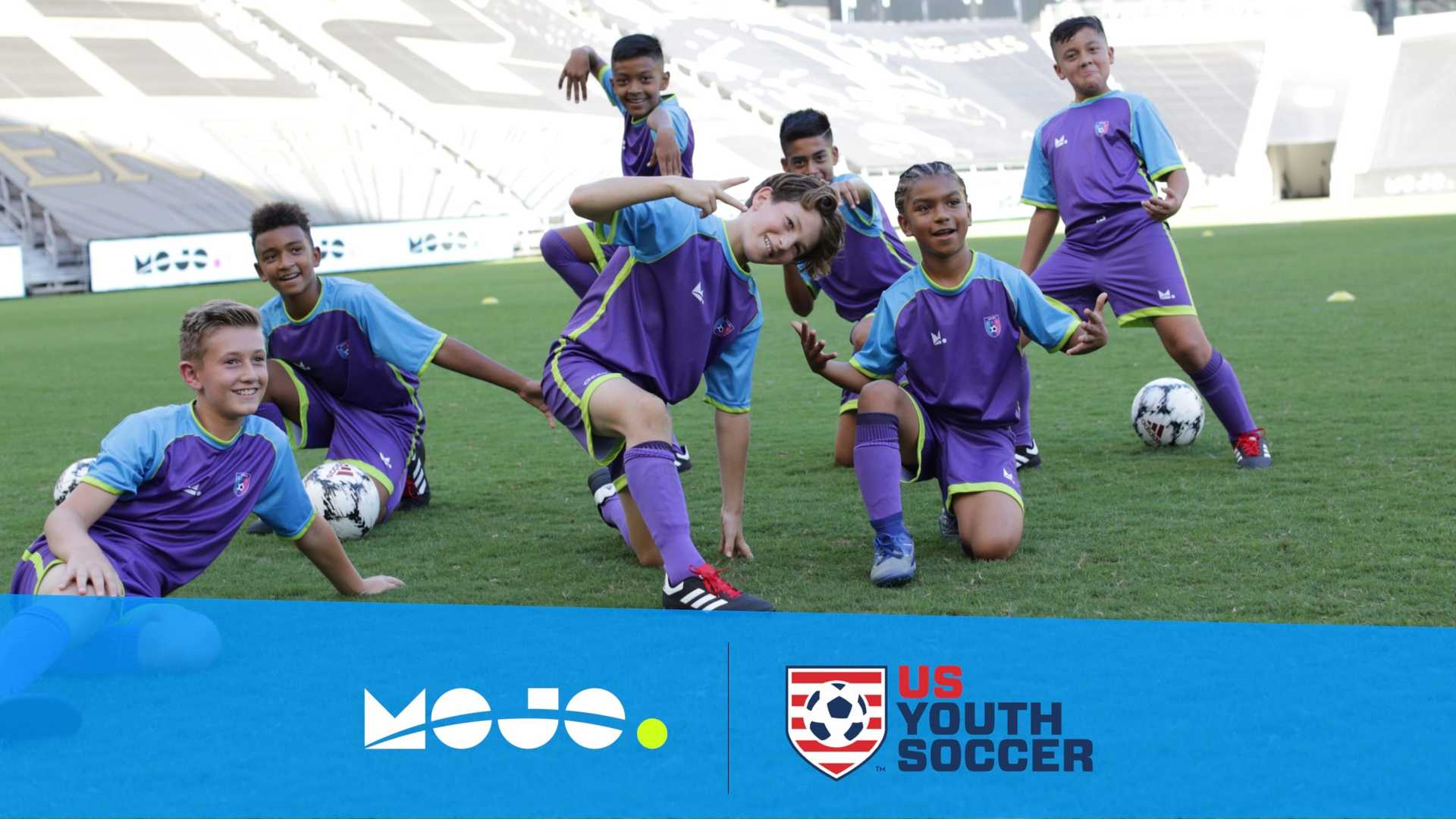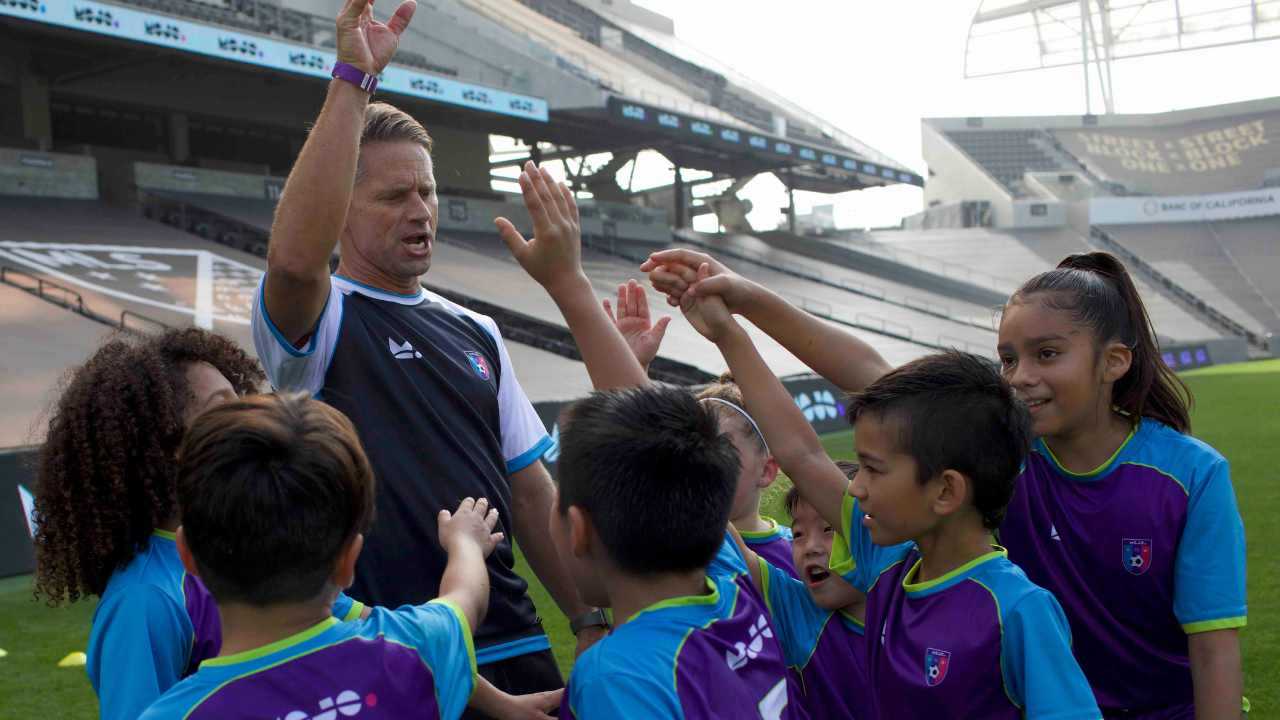19 Things All Soccer Parents Must Learn
Kids aren't the only ones who need to learn about youth soccer
Skye Eddy Bruce
| 4 min read

Canva
If you are a youth soccer parent there are some essential things you must learn in order to support your child along their athletic journey. Gaining knowledge in these 19 areas will help ensure your child remains inspired, continues playing (regardless of the level in which they play) and therefore finds their way to a more healthy adulthood.
1. Long term athletic development. Keeping the end game in mind and learning the important steps to helping your child progress along their athletic journey is a foundational building block of successful soccer parenting.
2. Handball. The most screamed word from the sidelines: “Handball!” is an often-misunderstood Law of the Game. Save yourself the embarrassment of a misunderstood shout and learn about the nuances of the handball.
3. Growth and fixed mindset. Your child has tendencies towards a growth or fixed mindset and their mindset affects their performance (in all things, not just sport). You can learn how to help your child develop a high performance, growth mindset.
4. Self determination theory. Essential research you must know about the science of motivation and how Autonomy, Competence and Relatedness affects motivation for your child.
5. How growth affects performance.You must be prepared to help your child navigate growth spurts while maintaining important perspective and understanding.
6. Offside. One of the most confusing Laws of the Game for players and parents – and if you understand Offside, your child is more likely to understand it.
7. Defensive and attacking principles of play. There are certain principles of play that pertain to all soccer situations regardless of the tactical decisions of the coach. Gaining a basic knowledge of these will help you enjoy the game!
8. Relative age effect. The month your child was born has significant impact on their potential future in the game when it comes to selection to teams. Learning about RAE is essential.
9. Minor injury treatment. You need to know when to ice or heat, when to wrap and elevate, choose Advil or Tylenol, and when to seek the care of a medical professional.
10. Skill acquisition and learning. The process of learning is nuanced and skill acquisition is not a straight line from beginner to expert. You need to gain knowledge here to support your child along their journey.
11. How anxiety affects performance. You need to understand how your child’s personal anxiety affects their performance as well as their relationship with their teammates and coaches.
12. Sense of community theory. You need to learn about the Sense of Community Theory research as it relates to the building-block actions you must take in order to foster a strong youth soccer community.
13. ACL prevention.You need to learn about how you can try to protect your child from an ACL injury.
14. Functional movement skills. Setting your child up for a successful youth sports experience that will propel them towards a healthy adulthood is your top priority. You need to learn about the foundational building blocks of movement so you are positive your child is gaining the skills they desperately need.
15. Concussion awareness. You must be aware of the signs and symptoms of a concussion as not all concussions happen from head to head contact and therefore may not be obvious.
16. Sideline behavior. You must learn about the three types of sideline behavior and most importantly – the difference between supportive and distracting behavior.
17. Parents role in goal setting. Supporting your child with their goal setting process helps build essential life skills, and learning to balance your role based on your child’s age and mentality will lead to a successful parenting experience.
18. What player development looks like. Research about effective teaching principles has evolved and parallel to that growth has been a deeper understanding of best practices for player development and effective soccer learning environments. You need to understand what a good learning environment looks like for your child.
19. Pre-performance conversations. You play an important part in your child’s readiness for performance and you therefore need to learn from experts about speaking to your child based on how they are feeling about the performance.
This story was originally published by our friends at Soccer Parenting Association, where, every day, they are inspiring players by empowering parents. Visit SoccerParenting.com to find more content like this.




